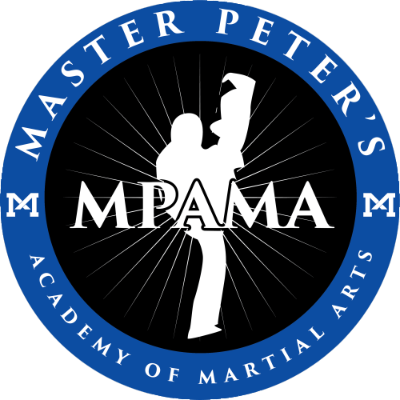When parents think about martial arts, they often picture the physical benefits—strength, coordination, and discipline, to name a few. But what often gets overlooked is one of the most powerful outcomes of training: the deep, lasting friendships that kids build along the way. In a day and age where connection is becoming more digital and fleeting, martial arts offers something different—real relationships, built through shared effort, trust, and mutual growth.
Martial arts is more than just a fitness or discipline program—it becomes a community. Let’s take a closer look at three key ways martial arts training helps children develop strong, lifelong connections with their peers.
Trust & Camaraderie
Friendships formed in martial arts are forged through real experiences. Kids sweat side-by-side, conquer challenges together, and celebrate each other’s wins. This process builds more than just cooperation with one another—it builds real trust.
When children are asked to hold pads for one another, partner up for exercises, or train their self-defense skills through sparring drills, they learn to rely on their partner’s focus and care. They’re held accountable for their own role and are responsible for someone else’s safety and progress, in addition to their own. That’s a powerful foundation for friendship.
What makes this different from other activities is the consistency and vulnerability involved. Kids see each other trying, adapting, improving—and supporting one another through it all. That kind of shared challenge forms bonds that deepens friendships more than any other activity.

A Gold Belt student holds out her hands to help her partner do sit-ups.
Social Interaction
For many kids—especially those who are shy, anxious, or still developing confidence—standard social environments can feel chaotic or overwhelming. Martial arts provides a structured space where social interaction is not only encouraged but guided with clear expectations and mutual respect.
This is made possible because martial arts classes have built-in systems that teach kids how to communicate effectively, take turns, cheer for others, and offer constructive feedback. These experiences build social skills fluently. Over time, students who may have struggled to make friends in school settings often find themselves naturally connecting with peers on the mat.
Plus, because all students on the mats train as equals, children have a chance to build friendships across many unique personality types and backgrounds. In turn, children become more socially aware and open-minded.

3 teen students engage in a short, positive conversation.
Shared Identity
Martial arts uniforms aren’t just about tradition—they create a sense of unity. When kids wear the same uniform, learn the same techniques, and uphold the same values, they experience what it means to belong to something bigger than themselves.
This shared identity gives kids the confidence to be themselves. They aren’t worried about how they are perceived by others—they’re just trying to improve. And when everyone in the room is doing the same, it naturally lowers social barriers, leading to more genuine and authentic connections.
Over time, students start to identify themselves as martial artists. That identity connects them not just to their classmates today, but to a shared journey that continues year after year. Whether they started as nervous white belts or are dedicated toward earning black belts together, they see one another grow—not just in skill, but in character. That’s the kind of bond that doesn’t fade after school lets out or when the seasons change!

A group of belt testers in full uniform sit and pose with thumbs up and smiles during their test.
The MPAMA Way
At Master Peter’s Academy of Martial Arts, we believe strong friendships are just as important as strong kicks. That’s why our instructors are trained to recognize opportunities for connection and actively foster them. Whether it’s pairing newer students with more experienced ones, organizing group challenges, or guiding partner work in a way that encourages mutual respect, we make social development a core part of the martial arts journey.
We go beyond just teaching forms and running sparring drills—we foster a community. We teach kids how to encourage each other, resolve conflicts respectfully, and lift one another up. Our goal is not just to build martial artists, but to help each child feel like they belong—to their class, their community, and themselves.
Conclusion
The friendships kids build in martial arts aren’t just about shared hobbies—they’re built on trust, teamwork, and growth. In a world where relationships can be surface-level and temporary, martial arts offers something real. Through every bow, drill, and belt test, kids grow not only in confidence, but in connection.
When your child trains in martial arts, they’re not just learning how to defend themselves—they’re learning how to show up for others. And in the process, they gain more than skills. They gain friends for life.








